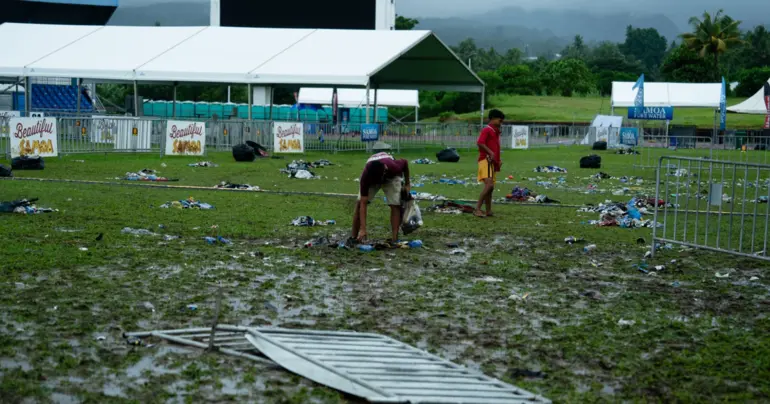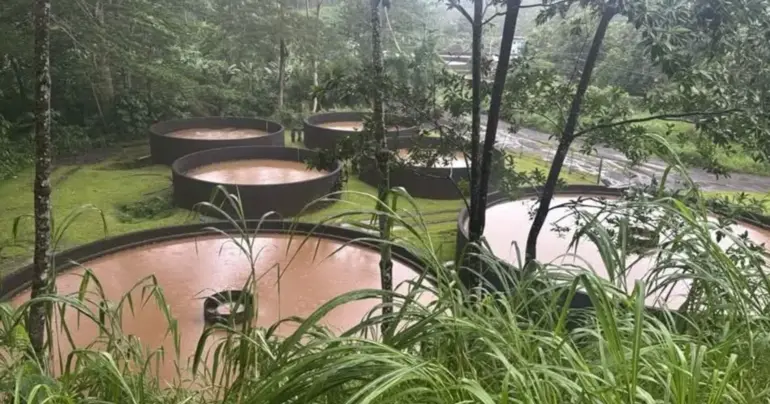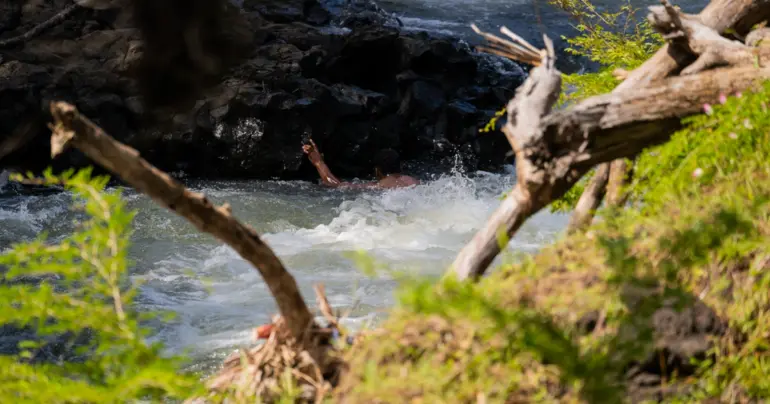Focus on protecting wildlife
This year, the World Environment Day of the U.N. Environment Programme was celebrated on the 5th of June. The focus this year is on illegal trade in wildlife, such as the killing of elephants for their ivory.
In the Pacific, native species of plants and animals are a precious commodity that must be sustainably managed and protected from commercial exploitation for their medicinal benefits.
There are indigenous Pacific plants with potential health properties that can be explored for their commercial value. There are also Pacific marine resources that are being overexploited such as tuna, sea cucumber and live coral specimens.
These indigenous genetic resources are a part of the national heritage of the Pacific, and comprise the global international biodiversity.
“Although the extent of the illegal trade in flora and fauna in the Pacific remains largely unknown, the region is increasingly losing its rich terrestrial and marine biodiversity to wildlife trafficking,” said Isabelle Louis, Acting U.N.E.P. Regional Director for Asia Pacific.
“Growing demand for coral and aquarium fish in China, Europe and the United States is being supplied by source countries in the Pacific. It is encouraging that Pacific island countries are playing a leadership role by pushing for the inclusion of threatened Pacific marine species such as silky sharks and manta rays in the CITES list.
We encourage all Pacific island countries to become a party to CITES.
“As we mark World Environment Day, the United Nations is calling on everyone to stop wildlife trafficking, through the One U.N. Global Coalition campaign. We urge the people of the Pacific to take part in this global campaign to end the illegal trade in wildlife and to join millions of people around the world to take personal action to end wildlife crime.”
Although trade in wildlife plants and animals is limited in scope in the Pacific, there are international instruments addressing the conservation and sustainable use of native Pacific plant species, especially their exploitation for commercial gains.
To ensure that benefits arising from the use and commercialisation of Pacific native plant species are shared in a fair and equitable way with traditional owners of these resources, the Nagoya Protocol’s Access and Benefit Sharing (A.B.S.) is the global instrument to address international biodiversity.
U.N.D.P. Global Environment Facility (G.E.F.) is funding an A.B.S. project in the Cook Islands, which recently had its inception workshop in Rarotonga with the aim to strengthen national regulatory and institutional framework on A.B.S.
Speaking at the opening of the workshop, U.N.D.P. Regional Technical Advisor Mr. Doley Tshering said that U.N.D.P. is working with governments and stakeholders on accessing financing and to facilitate fair A.B.S. deals between users and providers.
U.N.D.P. is also supporting local and indigenous communities with the development of benefit-sharing mechanisms and bio-cultural community protocols to develop nature-based products.
A similar A.B.S. project is progressing well in Samoa.
The theme for 2016 World Environment Day is closely linked to the sustainable development goals pertaining to biodiversity, oceans and responsible consumption and production.











